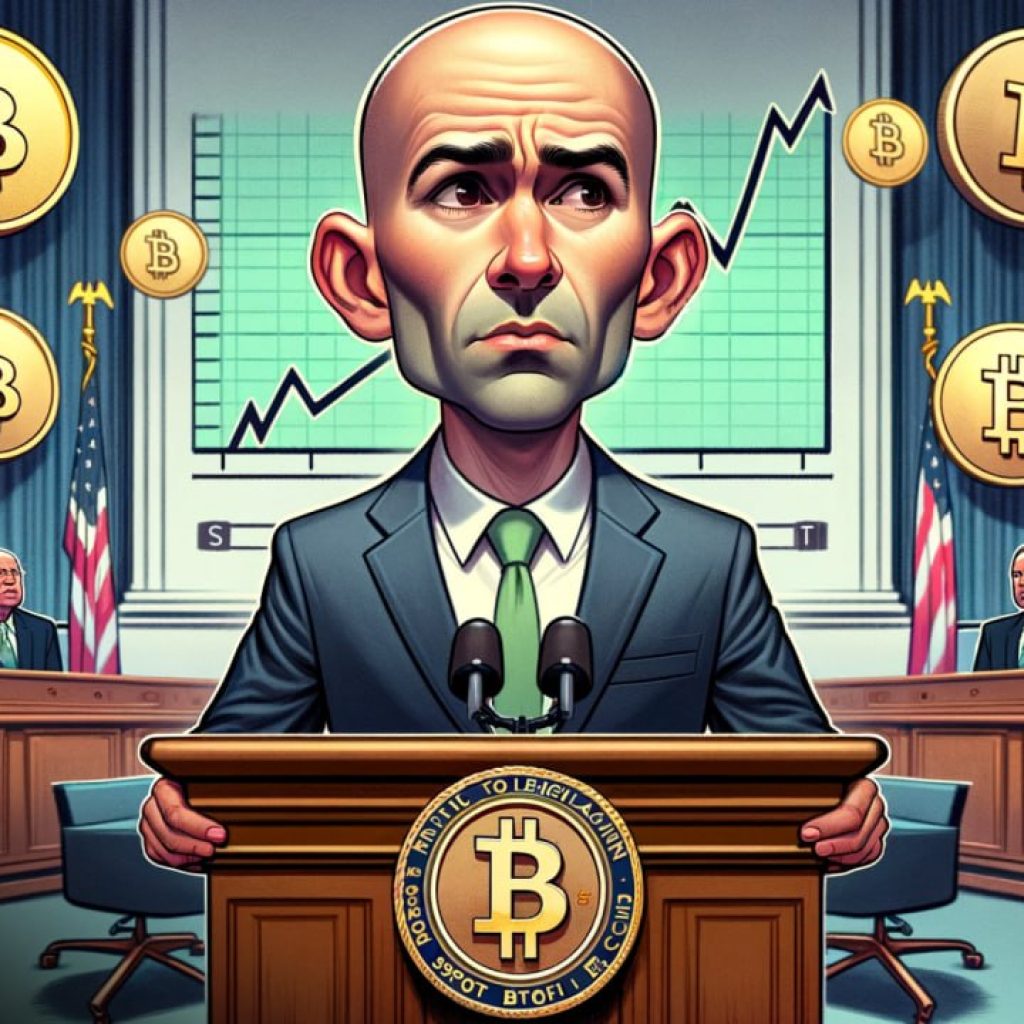Web3 has caused those involved to view the world differently. While they are standard foundations now, the thought of having a globally available, borderless and government-less currency would have been unthinkable just a short time ago. With the exception perhaps of gold bars, this has been impossible (however, gold bars are a bit more difficult to transfer instantly). Yet now a thriving Web3 ecosystem has many different exchanges, both centralized and decentralized. Likewise, the role of smart contracts can simply not be overstated. Smart contracts have created a world where trust does not have to be verified because it can be removed from the equation entirely. A neutral party that is completely transparent, has no motivation, nor the ability to change the way it executes the contract. This enables complete strangers from different parts of the world to have complete confidence in a business transaction.
However, there are more benefits to Web3 that are just now being explored. Much like exchanges and smart contracts, the travel industry involves many different geographic locations, a large community of suppliers, and in most cases, the need to conduct business with complete strangers. Because of laws and (perhaps more importantly) online ratings from other customers, this works much of the time. But when it doesn’t work, especially when there are unexpected cancellations, it can fail terribly and cost the traveler a lot of money. However, if we look closely at some of the challenges in the travel industry, we can see that there are a number of parallels with those areas that Web3 has significantly improved. Let’s dive in and explore some of the key issues with traveling, especially when things get canceled unexpectedly, and then show how Web3 can create new solutions for travelers.
Traveling Woes
Traveling is meant to be fun and exciting, relaxing and refreshing. However, things happen, and sometimes we have to cancel a flight, a booking at a hotel, or an excursion. Depending on how prepared we are for this, the situation could be stress free or it could be a living nightmare. Many types of bookings are not refundable as a default. When you book a hotel, especially through a broker, you are given several options. The cheapest is to book the room with zero refund should you need to cancel. If everything goes well, congratulations, but if something happens before you travel (sickness, emergency, etc.) then you’ve just lost 100% of your booking costs, and if you reschedule your trip will now be twice as expensive. For those who don’t want to roll the dice on fate, you can pay extra for the privilege of canceling with a partial or a full refund, depending on the provider. This can be incredibly helpful if something happens, but creates an inverse situation where, should everything go smoothly and you don’t cancel, it feels like you’ve wasted money. And paying extra for the freedom to cancel with a full refund can spike the price significantly, whether it be on accommodations, transportation, or excursions. Peace of mind can even double the cost in rare cases, but even with a 20-30% upcharge, that peace of mind is an expensive form of insurance. Your last option is to actually purchase travel insurance, which can also cost a hefty price but is riskier in the sense that there is a chance your claim will be rejected because it doesn’t adhere to the policy requirements. Depending on the insurance provider, your policy could be written specifically to seem like it has broad coverage when it actually doesn’t. Best case, however, means you’re still filling out paperwork.
Web3 Travel Power
So where does Web3 fit into this situation? Well, it can actually help in a number of ways. In terms of uncertainty, it can help through the use of smart contracts. If the terms of a booking made through Web3 state that you can cancel with a refund, then the refund can be guaranteed and returned automatically, without the ability for human intervention. Likewise, this level of autonomy could assist in handling potential travel insurance claims. Since international travel is common, the issue of various currencies and banking systems can create problems while initially booking a hotel (such as unfair conversion rates), but especially when seeking a refund. A token-based system for booking could go a long way to eliminate that additional, hidden cost for travelers.
However, there is one other feature of Web3 that could transform a travel experience: secondary markets. When a travel booking is made on a platform such as Camino Network, the traveler would be able to take advantage of Web3 being used for this unique use case. The network, whose members are travel providers, is able to connect them to customers (like many travel websites), and also connect customers with each other (definitely not like travel websites).
Setting up a secondary market for P2P sales of bookings would not be possible, or at least not wise, in a Web2 environment. Only with Web3 can you create the assurance that travel bookings are real, and help transact a sale in a way that guarantees security for both parties. Because the booking is originally purchased in a Web3 environment, it is verifiable as genuine. An interested party can review the booking and verify through the provider that the details are valid, meaning that they can purchase it from a complete stranger and get exactly what was advertised. There simply isn’t a great way to do this with Web2, unless a broker is in the middle of the transaction which means that both parties need to first trust the broker, but also pay a broker’s fee. But with Web3, a P2P secondary marketplace is possible for nearly anything, including a travel booking. And this means that even if a booking was purchased with no ability to cancel and get a refund, you still have an entire secondary market to look for a buyer. You may have to sell at a slight discount to ensure you find a buyer before the date, but on the other hand you might also be able to sell at a premium. Web3 changes the entire travel experience and creates opportunities that simply could not exist in another form. Camino Network are trying to do just that and turn the travel industry on its head.
Wrapping Up
Travel is meant to be stress-free, and when unexpected things happen it would be nice not to create even more stress. Cancellations can be incredibly frustrating, and although there are ways to ensure flexibility through refundable bookings, that peace of mind comes at a hefty premium. Web3 brings a completely different environment to the travel experience, providing more assurance for bookings and refund policies, but also allows for a potential P2P marketplace for bookings. It will be exciting to see this ecosystem continue to grow and evolve, and will be amazing to see what Web3 will transform next.
Disclaimer: This article is provided for informational purposes only. It is not offered or intended to be used as legal, tax, investment, financial, or other advice.








